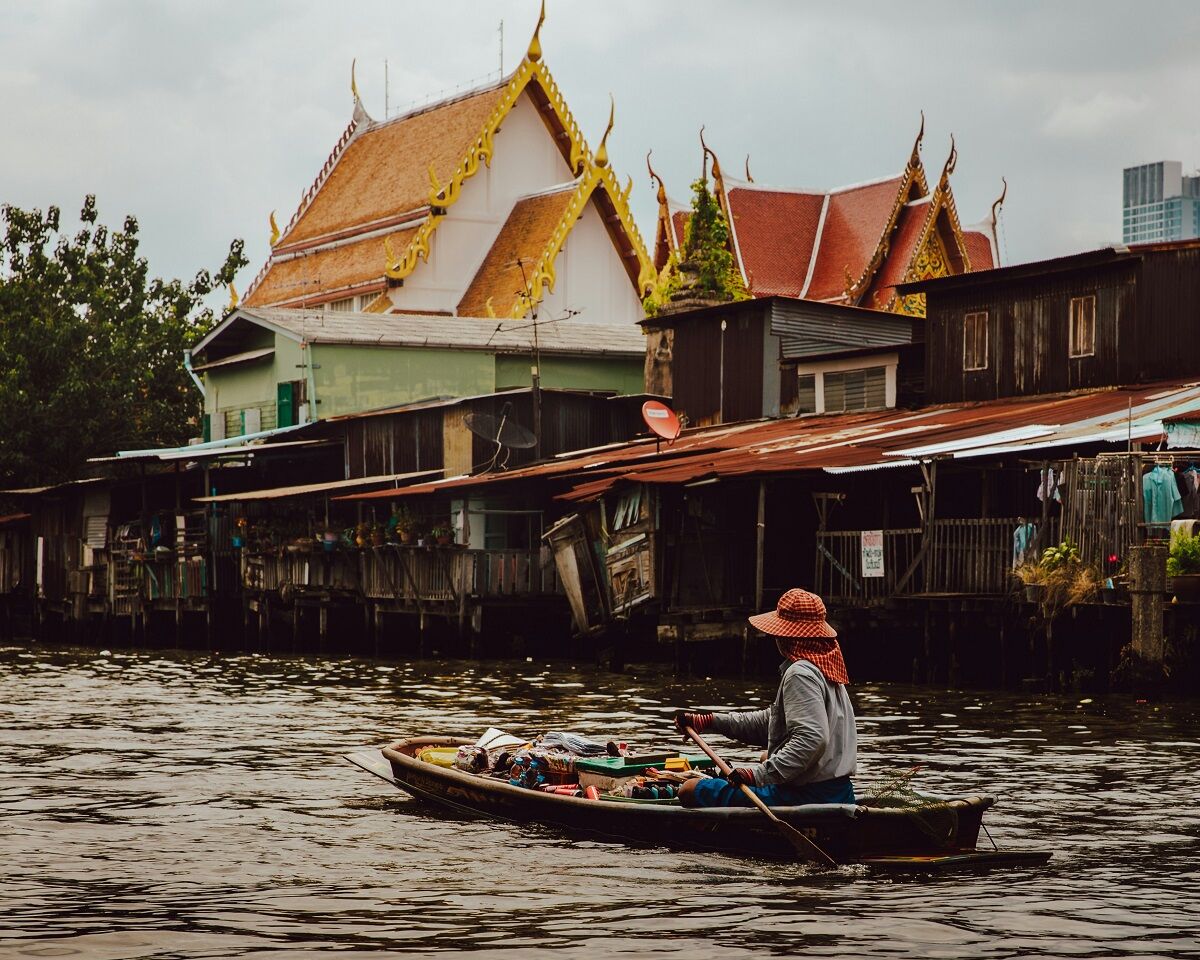How to extend your stay in Thailand on a tourist visa

Want a journey to Thailand but anxious about concerning tourist visa expiry? We are here to offer assistance. In this discourse, we shall navigate you through the complexities of extending your stay in this exotically picturesque country. It will cover all aspects; location, procedures, and even some exclusive advice based on experts’ insights.
Whether you’re indulging in the tranquillity of Phuket’s beaches or experiencing the thriving urban life of Bangkok, the last thing you desire is visa complications disrupting your exploration. Hence, we’ve undertaken the preliminary research for you, assimilating all the crucial information essential for a smooth extension of your tourist visa.
However, do note that the focus is not merely on prolonging your visa but on doing so correctly. Therefore, remain at ease while we assist you in maximizing your Thai vacation benefit. Remain attentive for a trouble-free, efficient extension process that ensures legality, security, and preparedness to prolong your Thai journey.
Understanding Thai tourist visa extensions
Eligibility criteria for extension
Extending your visa is contingent upon meeting certain criteria. Miscalculations, flight delays, or health issues could lead to an overstay. Nonetheless, overstaying in Thailand is unlawful, even by a day. The fines for such transgressions are steep, and additional legal sanctions such as imprisonment or deportation could be imposed. Most often, issues surface during exit at the immigration control at airports or land borders. Though unlikely, random checks on streets or at popular entertainment venues occur, leading to detentions if an overstay is disclosed. Hence, not extending your stay legally is certainly not advisable.
Required documentation

Approach visa extension with due diligence starting with accurate documentation. If you’re in Thailand on a Single Entry Tourist Visa (SETV), you should visit the local immigration office, for instance, Chaeng Watthana in Bangkok. Make sure that you have all the required documents to efficiently get this process done.
To extend a non-immigrant ED visa, the following documents are essential:
-
Application form
-
Passport copy
-
Evidence of enrolment at an authorised educational institution
-
Letter from your educational institute confirming your enrollment and request for a temporary stay
Prepare to present detailed information about your years of education, level of study, and educational achievements. The application fee stands at 1900 THB. Ensure you have all pertinent documents and the correct amount before visiting your nearest Thai immigration authority.
Steps to extend your Thai tourist visa
The process of extending a Thai tourist visa involves some specific steps. This guide provides clear, concise instructions to navigate the path successfully.
Where to apply
The first step to extending your tourist visa in Thailand demands personal presence, not online applications. You’ve got to visit the Immigration Bureau physically, ensuring to avoid deceptive claims from any agents promising false online procedures. Guard your interest to prevent overstay in Thailand, often resulting from misleading information.
Application process
Foremost, ascertain your visa type and gauge the duration of your desired extension. Commonly, tourist visas allow an extension for an extra 30 days. Secondly, acquiring and accurately filling out necessary forms is crucial. Forms can be obtained from the Immigration Bureau’s office or downloaded from their website.
After form completion, promptly submit your application at the Immigration Bureau office. Bear in mind to take along essential documents such as your passport and a passport-sized photograph.
Following submission, your application goes through a processing stage. This can span from 7 to 10 days, sometimes extending up to 2 weeks. Upon approval of your application, return to the Immigration Bureau to receive your passport with the updated visa. Always verify the new expiry date to avoid any form of illegality or overstay in Thailand.
Remember, a visa extension isn’t always guaranteed. However, with proper documentation and eligibility, you stand a good chance. Ensure to constantly check your status and remain within the bounds of Thai immigration law.
Costs associated with visa extensions

Extending your stay in Thailand involves certain financial aspects. A noteworthy detail is that availing insurance isn’t a mandate for visa extensions, but it’s an intelligent step for trouble-free travel. With options encompassing extensive protections, including COVID as well, many travellers vouch for providers like SafetyWing.
Rental of flight tickets, bus or train tickets to neighbouring countries could also play into your budget, especially if you’re planning to leave Thailand temporarily to secure your visa extension. However, note that the ticket price varies depending on your destination and mode of travel.
Suppose you’re a foreign student, wanting to extend a non-immigrant ED visa. In that case, additional costs may come in the form of necessary documents. You’ll need to have an application form, a copy of your passport, and confirmatory evidence of your legal student immigration status. You’ll need to seek advice from your sponsoring institution regarding these potential expenses.
Anticipate these costs, strategize your finances, and you’ll be well set for a seamless extended stay in Thailand. Please remember, that costs could change – always check for the most recent information to stay updated.
Strategies for extending your stay beyond a tourist visa

To enjoy Thailand even longer, consider the following strategies to extend your stay beyond the scope of a tourist visa, without falling into the pitfalls of overstaying.
Visa runs: pros and cons
A popular method to prolong your stay in Thailand, a ‘visa run’, involves leaving the country temporarily to deactivate the tourist visa clock. You return immediately or after spending time abroad, effectively ‘resetting’ your visa period. However, remember, consistent visa runs invite scrutiny from Thai immigration authorities – a concern that is often coupled with the cost and hassle of frequent travel.
Contrary to the potential risks, visa runs present opportunities to explore neighbouring countries, acting as mini-vacations within your main trip to Thailand. Countries such as Cambodia, Laos, and Malaysia are popular stops on a typical visa-run route.
Alternative visa options
For a more permanent solution to overstaying in Thailand, alternative visa options come into play. The Non-Immigrant Visa, Single-Entry Tourist Visa, and Multiple-Entry Tourist Visa offer extensions up to 30, 60, and 90 days respectively.
Thailand’s single visa plan allows Indian travellers to explore the country seamlessly by simplifying entry procedures. This initiative promotes tourism by reducing bureaucratic hurdles, making it easier for Indian tourists to experience Thailand’s cultural and natural attractions without the hassle of applying for multiple visas.
Latest Thailand News
Follow The Thaiger on Google News:


























